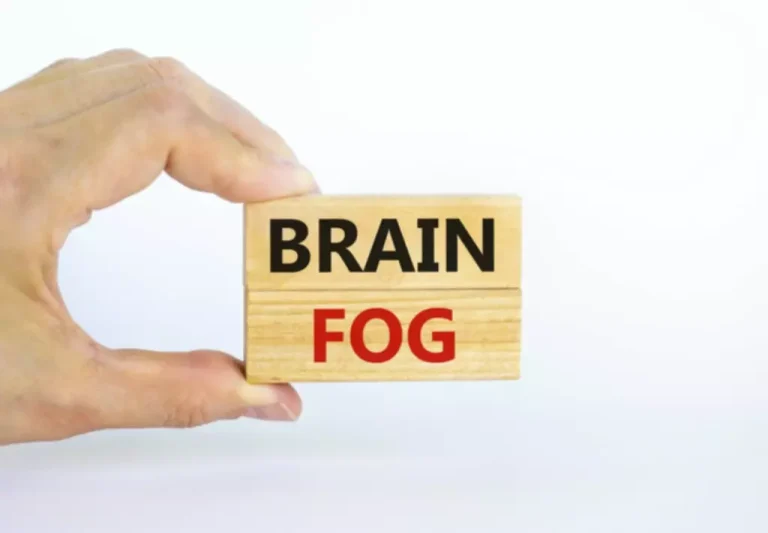
Ultimately, the only surefire remedy for a hangover is to avoid getting one by drinking in moderation or choosing not to drink. During a hangover, a person’s attention, decision-making, and muscle coordination can all be impaired. Also, the ability to perform important tasks, such as driving, operating machinery, or caring for others can be negatively affected.

Is there a cure?
As a general rule of thumb, the more alcohol you drink, the more likely you are to have a hangover the next day. This is also true for the severity and length of the hangover, although many factors can change this. Increased heart rate, sweating, increased anxiety, worry, and general distress for no known reason can all be symptoms of hangxiety, Kubala says.
What are the symptoms of a hangover?
Hangovers after a single night’s drinking go away on their own. Talk with your healthcare professional if you’re concerned that frequent heavy drinking may lead to serious problems, such as alcohol withdrawal. For people living with heart disease, hangover symptoms such as rapid heart rate and high blood pressure can be dangerous.
- Once you’ve detoxed, you can transition to our residential rehabilitation program.
- Talk with your healthcare professional if you’re concerned that frequent heavy drinking may lead to serious problems, such as alcohol withdrawal.
- Although alcohol is known to induce sleep, it’s most likely to cause disrupted sleep.6 This makes you feel worse when you wake up, prolonging and worsening hangover symptoms.
- There are no instant hangover cures, but doctors recommend waiting at least 48 hours before drinking again to give your body time to recover.
Drinking on an empty stomach

Bradley Sleep and Chronobiology Laboratory, drinking up to three alcoholic drinks can make you fall asleep fast, but it ultimately leads to more sleep disruption throughout the night. How you experience what it is to have a ‘hangover’ https://ecosoberhouse.com/ depends on how much you drink and a combination of other factors, such as hydration, blood sugar levels, age, and genetics. Much like everything to do with the body, everyone is different when it comes to how they respond to alcohol.

Without adequate hydration, you are more likely to feel acute symptoms of a hangover. “Much of it is likely due to the way our bodies change in size and shape as we age. For example, as we get older we tend to lose muscle mass and replace it with fatty tissue.
- Dr. Basford believes the body’s ability to process alcohol “can worsen with age”, while lifestyle factors can also play a role.
- And the more congeners there are, the more likely you are to develop a hangover.
- In 2024, she will be taking on her second marathon in Rome, cycling from Manchester to London (350km) for charity, and qualifying as a certified personal trainer and nutrition coach.
- For a long time it was thought that a hangover was simply the result of dehydration because of the diuretic effect of alcohol.
- When you wake up to pee during the night, you should also drink water then.
- The length and severity of a hangover can vary from person to person.
Inpatient treatment programs provide intensive therapy and medical care in a residential setting. You’ll receive 24-hour care how long do hangovers last and support from medical professionals. BetterHelp offers affordable mental health care via phone, video, or live-chat.

Mindful Drinking
Dehydration
- You may notice these effects after you drink alcohol and then sleep for a few hours.
- These symptoms include dehydration, depression, headache, anxiety, appetite suppression, difficulty concentrating, nausea, and sleepiness.
- As we get older, our body’s ability to process toxins slows down.
- While drinking certain types of alcohol can make you feel sleepy, overall drinking is more likely to prevent you from getting a good night’s sleep and disrupt your bedtime routine.
Do Hangovers Get Worse With Age?

